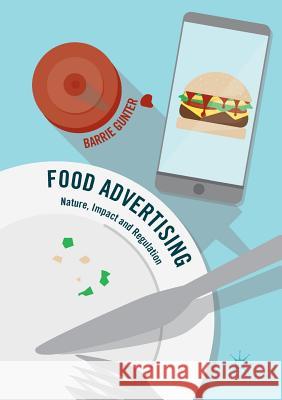Food Advertising: Nature, Impact and Regulation » książka
topmenu
Food Advertising: Nature, Impact and Regulation
ISBN-13: 9783319821603 / Angielski / Miękka / 2018 / 303 str.
Kategorie:
Kategorie BISAC:
Wydawca:
Palgrave MacMillan
Język:
Angielski
ISBN-13:
9783319821603
Rok wydania:
2018
Wydanie:
Softcover Repri
Ilość stron:
303
Waga:
0.37 kg
Wymiary:
21.01 x 14.81 x 1.65
Oprawa:
Miękka
Wolumenów:
01
Dodatkowe informacje:
Wydanie ilustrowane











